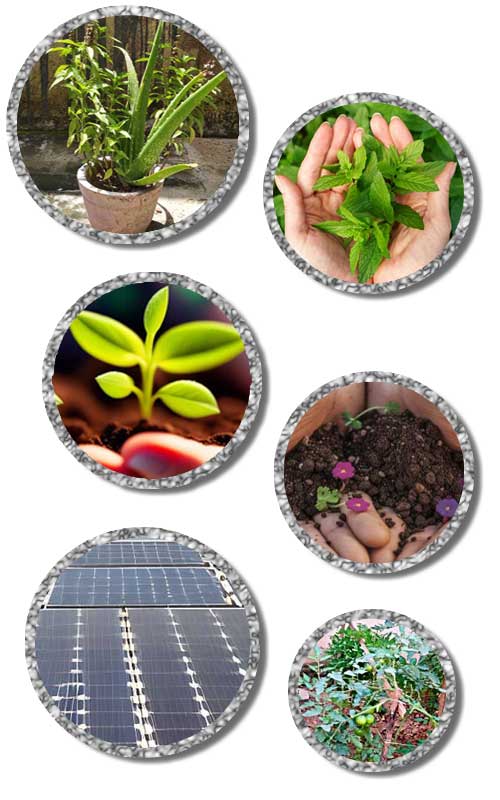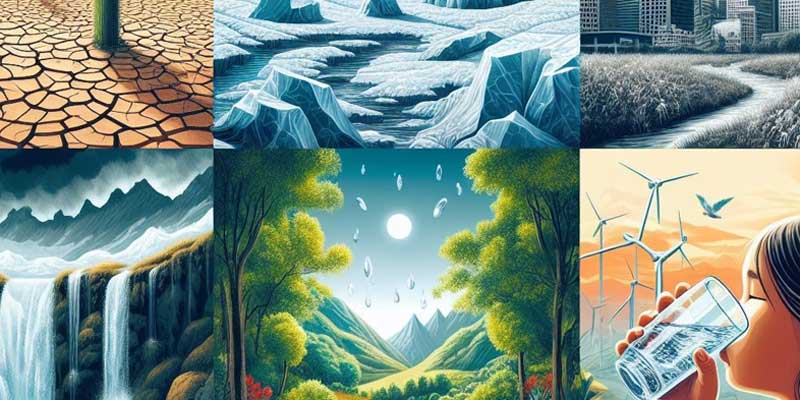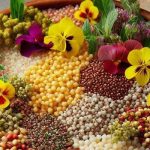Introduction:
Water, the elixir of life, is an invaluable resource that sustains all living beings on Earth. Despite covering approximately 71% of the planet’s surface, only a small fraction of this vast expanse is freshwater suitable for consumption. As our global population continues to surge and climate change poses unprecedented challenges, the need to conserve water has never been more critical.
However, water is a finite and vulnerable resource that faces many challenges in the 21st century. Climate change, population growth, urbanization, pollution, and overexploitation are some of the factors that threaten the availability and quality of water for humans and nature. According to the United Nations, more than two billion people live in countries experiencing high water stress, and about four billion people experience severe water scarcity at least one month a year. Water scarcity can lead to food insecurity, conflicts, migration, poverty, and environmental degradation.
This blog post delves into the significance of water conservation and offers practical tips on how individuals can contribute to preserving this precious resource.
The Importance of Water:
Essential for Life: Water is a fundamental building block for life. Every living organism relies on water for survival, from microscopic organisms to majestic elephants and human beings.
Ecosystem Balance: Aquatic ecosystems, including rivers, lakes, and oceans, depend on a delicate balance of water availability. Disruptions in this balance can lead to the loss of biodiversity, affecting both aquatic and terrestrial life.
Global Health: Access to clean and safe water is essential for public health. Waterborne diseases, such as cholera and dysentery, are prevalent in areas with inadequate access to clean water, leading to widespread illness and, in some cases, fatalities.
Economic Impact: Water scarcity can have severe economic consequences. Industries, agriculture, and energy production are heavily dependent on water, and shortages can lead to reduced productivity, job losses, and increased costs.
Practical Ways to Save Water:
Therefore, it is crucial to save water and use it efficiently and sustainably. Saving water means reducing the amount of water we consume or waste, and reusing or recycling it whenever possible. Saving water can have many benefits for individuals, communities, and the planet.
Mindful Water Usage: Be conscious of your water usage habits. Turn off the tap while brushing your teeth, take shorter showers, and only run the dishwasher or washing machine when you have a full load.
Fix Leaks: A dripping faucet or a leaky toilet may seem insignificant, but over time, they can waste a substantial amount of water. Regularly check for and promptly repair leaks in your home.
Water-Efficient Appliances: Upgrade to water-efficient appliances, such as low-flow toilets and water-saving washing machines. These innovations use less water without compromising performance.
Drought-Resistant Landscaping: Choose native plants that are well-adapted to your region’s climate and require less water. Additionally, use mulch to retain soil moisture and reduce the need for frequent watering.
Collect Rainwater: Install a rain barrel to collect rainwater for non-potable uses, such as watering plants or cleaning outdoor surfaces. This reduces the demand on the municipal water supply for these activities.
Educate and Advocate: Spread awareness about the importance of water conservation within your community. Encourage others to adopt water-saving practices and support policies that promote sustainable water use.
Reuse Water: Consider reusing water when possible. For example, collect the water used for rinsing fruits and vegetables and use it to water plants. This reduces the overall demand for fresh water.
Conclusion:
Water is a finite resource that demands our careful attention and responsible use. By adopting simple yet impactful water-saving practices in our daily lives, we can collectively contribute to the conservation of this essential element. The ripple effect of these efforts extends beyond individual households, positively impacting communities, ecosystems, and the planet as a whole. Let us recognize the significance of water and embrace our role as stewards of this precious, life-sustaining resource. Through mindful actions today, we can ensure a sustainable and water-abundant future for generations to come.








